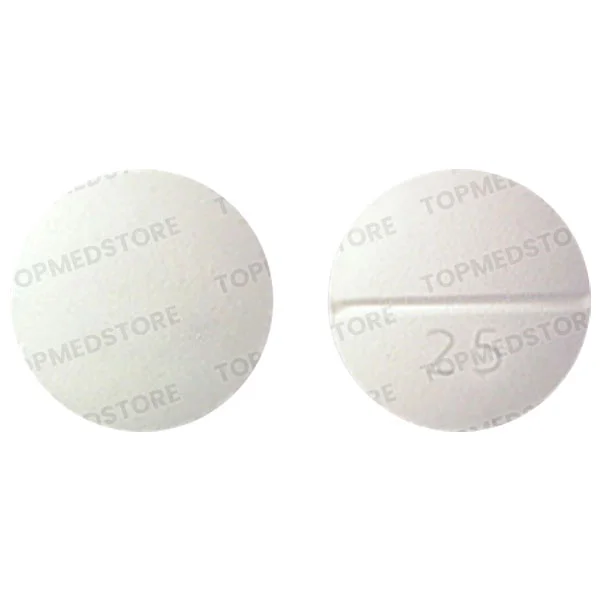Description
Active Ingredient
The given medication contains the active component Clomifene. This main active component is a triphenylethylene nonsteroidal ovulatory stimulant evaluated for antineoplastic activity against breast cancer. It has both estrogenic and anti-estrogenic activities that compete with estrogen for binding at estrogen receptor sites in target tissues. It also causes the release of the pituitary gonadotropins follicle-stimulating hormone and luteinizing hormone (LH), leading to ovulation. This medicinal component is an oral agent used to treat infertility in women desiring pregnancy.
Indications
This mentioned medicinal drug is used to treat infertility in women. Clomid works by stimulating an increase in the number of hormones that support the growth and release of a mature egg (ovulation). It is not recommended for women whose ovaries no longer make eggs properly (primary pituitary or ovarian failure).
Action Mechanism
Clomifene-composed medicine works by making the body think that your estrogen levels are lower than they are which causes the pituitary gland to increase secretion of follicle-stimulating hormone, or FSH, and luteinizing hormone, or LH. Higher levels of FSH stimulate the ovary to produce an egg follicle, or multiple follicles, that will develop and be released during ovulation. High levels of LH stimulate ovulation. Clomid medicine is often prescribed by primary care physicians or OB-GYNs before they refer a couple to see a fertility specialist for more specialized care.
Dosages
This medication is available for oral consumption and in dosage as mentioned below:
- 25 mg: This medicine must be taken orally exactly as directed by the doctor to be most effective
- 50 mg: It is to be taken as prescribed by the doctor, with or without food once a day
- 100 mg: This medicine shall be consumed as advised by the doctor to avoid complications.
Who Should Not Take This Medicine
You should not use Clomid if you are allergic to clomiphene, or if you have:
- abnormal vaginal bleeding
- an ovarian cyst that is not related to polycystic ovary syndrome
- past or present liver disease
- a tumor of your pituitary gland
- thyroid or adrenal gland; or
- if you are pregnant
- endometriosis or uterine fibroids.
Clomid side effects
- stomach pain, bloating
- nausea, vomiting, diarrhea
- Rapid weight gain
- little or no urinating
- pain when you breathe
- rapid heart rate
- pelvic pain or pressure
- enlargement in your pelvic area
- vision problems
- seeing flashes of light or “floaters” in your vision
- increased sensitivity of your eyes to light
- heavy vaginal bleeding.
Common Clomid Side Effects
- flushing (warmth, redness, or tingly feeling)
- breast pain or tenderness
- headache
- breakthrough bleeding or spotting
Note
It is not advisable to take for more than three to six cycles, due to the decreasing pregnancy rate that occurs with continued use.


Reviews
There are no reviews yet.